The Greenwashing Game: How to Choose Truly Sustainable Skincare Products
16 October 2023
As the focus on our planet's well-being grows so has the demand for eco-friendly products. Greenwashing in skincare has emerged as a big issue, with some brands making superficial claims about their products' sustainability to capitalise on this boom in demand. We explain what greenwashing is and how to recognise misleading marketing so you make genuinely eco-friendly beauty purchases.
What is Greenwashing in Skincare?
Greenwashing is when a brand falsely presents a product as eco-friendly or natural through insincere claims, using these marketing tactics to appeal to consumers who prioritise sustainable product choices.
In skincare, this can mean using vague terms about a product's ingredients, how it's made, or its packaging. You might see brands using words like ‘natural,' 'eco-friendly,' or 'sustainable' to stretch the truth about how ‘green’ their product is.
Keep an eye out for these common greenwashing tactics in the skincare industry:
Misleading 'natural' claims: Phrases such as ‘contains natural ingredients’ can give the impression that the product formulation is all or predominantly natural. However, looking closer at the ingredients, you may find that only a tiny percentage of the ingredients are natural (e.g., 5%), while the rest are synthetic or chemical. This tactic can mislead consumers into thinking they’re purchasing a ‘cleaner’ option when that may not be the case.
Focusing on a single green attribute: A skincare product might highlight one eco-friendly aspect, such as being ‘paraben-free’ while ignoring other potentially harmful ingredients or unsustainable practices. This selective disclosure can create the illusion of a product being entirely green when it may only meet a single criteria.
The rise of greenwashing in skincare comes down to several factors, including:
Consumer demand: The demand for sustainable products has dramatically increased in the past decade. This has prompted some brands to adopt a genuine approach to sustainability while others exploit the trend for marketing.
Regulatory gaps: Vague, loosely regulated marketing terms and lax enforcement has allowed many brands to make misleading claims with few repercussions. Fortunately, the ACCC and ASIC have led a crackdown on greenwashing in recent years.
Profit: Brands greenwash to capitalise on consumers' willingness to pay premium prices for green products without actually adopting truly sustainable practices.
How to Identify and Avoid Greenwashed Skincare Products
There is no single certification to vouch for how green a product is and many marketing terms are pretty ambiguous. So, it’s really up to consumers to do their homework and dig a little deeper to find out if a product is genuinely as green as it claims to be.
Here are a few key tips on identifying greenwashed products:
Check out certifications: Look for products with credible certifications such as Australian Certified Organic, COSMOS or B Corp. These certifications ensure the product meets established environmental and ethical standards.
Investigate ingredients: If you familiarise yourself with common skincare ingredients, their sources, and their environmental impact you’ll be more likely to spot ingredients that don’t align with eco-friendly values.
Beware of buzzwords: Terms like 'natural,' 'green,' or 'eco-friendly' can be used in marketing campaigns and on packaging to mislead consumers into thinking a product is more sustainable than it is. This isn’t the case every time, there are genuine brands using these terms, but don’t only rely on buzzwords without further investigation.
Research the brand: Look into a skincare company's sustainability and social responsibility policies. Transparent brands usually provide this information on their website or make it easy to request. Look for information about their manufacturing processes, supply chain, and packaging. If you can’t find what you need online, reach out to their customer service team.

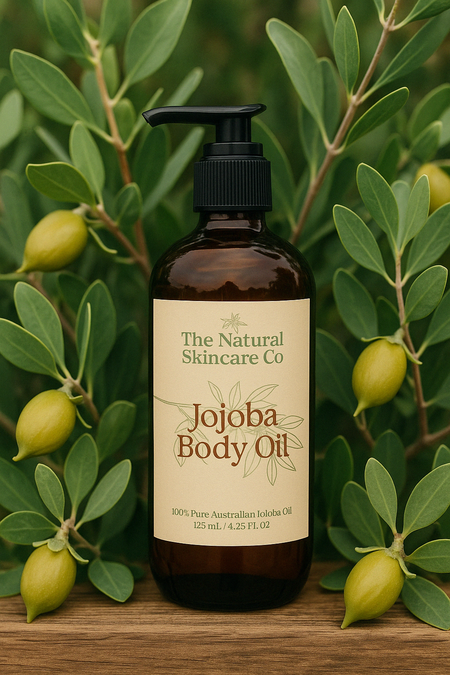
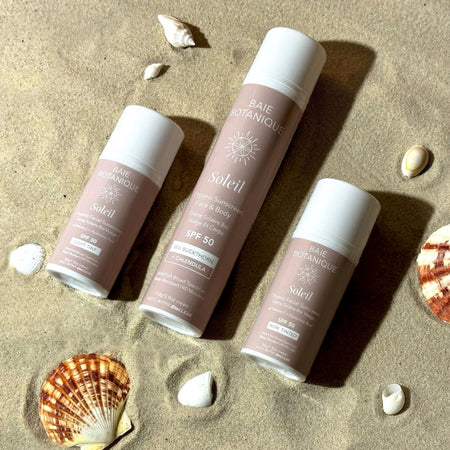


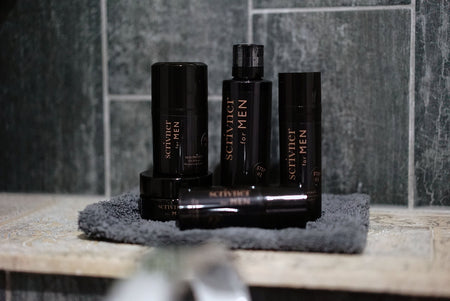
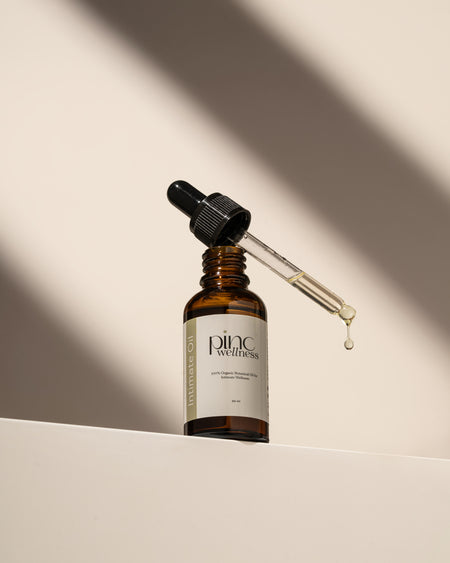
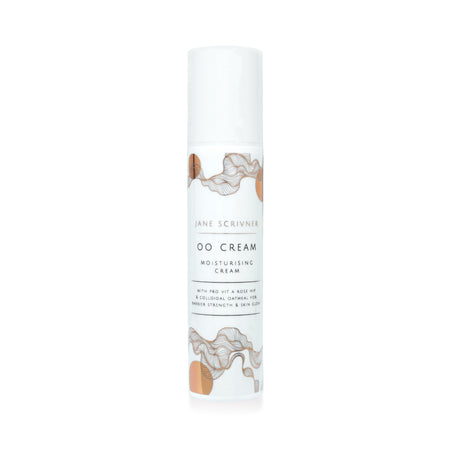
0 comments